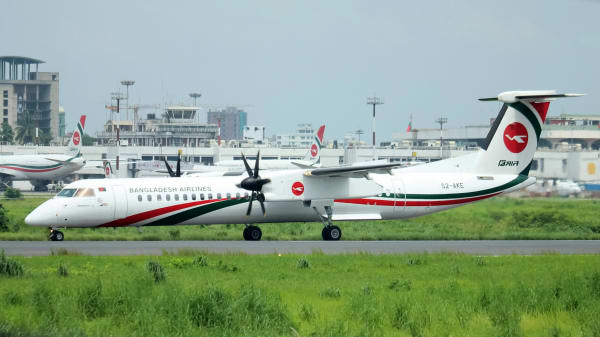The Importance of Continuous Learning in Aviation Careers
In today's ever-evolving world, the significance of continuous learning can't be overstated. All industries are dynamically developing, and aviation is no exception. For those pursuing aviation careers, embracing the principle of continuous learning can make all the difference between a stagnant career and a thriving one.
What is Continuous Learning?
Continuous learning, sometimes referred to as lifelong learning, is the process of continually developing new skills and knowledge throughout an individual's lifetime. It transcends traditional notions of education, extending beyond the classroom and carrying through every stage of one's career.
The Necessity for Continuous Learning in Aviation Careers
In any field, professionals need to keep up-to-date with current practices, standards and technologies. This is particularly relevant in aviation careers, a domain experiencing continuous change and advancement. Here are a few reasons why:
Safety Regulations and Procedures: Aviation is one of the most heavily regulated industries worldwide. There's a myriad of safety regulations and procedures that pilots, air traffic controllers, maintenance technicians, among others, need to follow. These regulations often change or are refined, and it's essential to stay informed to maintain the highest levels of safety.
Technological Advancements: Aviation technology is continually improving. Aircraft are getting more technologically advanced, from the avionics systems, engines to the materials used in construction. Understanding these new technologies requires ongoing learning and adaptation.
Career Progression: In addition to maintaining competence in their current roles, aviation professionals may need or want to broaden their knowledge and skills to progress in their careers. This could involve learning about new areas of aviation or developing soft skills, such as leadership or communication.
Implementing Continuous Learning in Aviation Careers
There are numerous ways for professionals in aviation careers to embrace continuous learning. Some of these include:
Formal Education and Training: Many aviation professionals participate in ongoing formal education or training programs. These programs cover a broad range of topics, including safety procedures, aircraft systems, and emerging technologies.
Self-Directed Learning: An equally, if not more, important aspect of continuous learning is self-directed learning. This can range from reading professional journals, enrolling in online courses, participating in relevant forums or simply keeping up-to-date with industry news.
Networking and Professional Development: Participating in industry conferences, networking events, or seminars can be an effective way to learn about new developments in the field. It also allows you to connect with other professionals, potentially leading to collaborative learning opportunities.
Mentorship: Being mentored by a more experienced colleague, or mentoring a less experienced one, is another great way to learn. Such relationships can provide insights and knowledge that you might not gain from formal education or self-directed learning.
Benefits of Continuous Learning in Aviation Careers
Adopting a continuous learning approach in your aviation career offers several benefits:
Increased Safety: Aviation safety is paramount. By staying up-to-date with the latest safety protocols, regulations, and technology, you directly contribute to making flights safer for everyone.
Enhanced Employability: In a competitive job market, continuous learning helps you stand out. Recruiters value candidates who are proactive, committed to their development and equipped with the most current knowledge and skills.
Greater Job Satisfaction: Mastering new skills can be a rewarding experience that enhances job satisfaction. You're likely to feel more competent and confident in your role, which can increase your overall job happiness.
Promotion Opportunities: By showing commitment to learning and growth, you'll be more likely to be considered for promotions or other career advancement opportunities.
To sum up, continuous learning is not just a valuable endeavor in aviation careers; it's a necessity. Given the rapid pace of change in the aviation industry—the constant influx of new technology, shifting regulations, and changing procedures—those who fail to embrace continuous learning risk falling behind.
Remember, the best investment you can make is in yourself. By prioritizing continuous learning, you'll not only ensure safety and competence in your current role but also open up opportunities for career progression. So, whether you're a fledgling pilot or a seasoned air traffic controller, dedicate time and resources to continuous learning to soar high in your aviation career.




